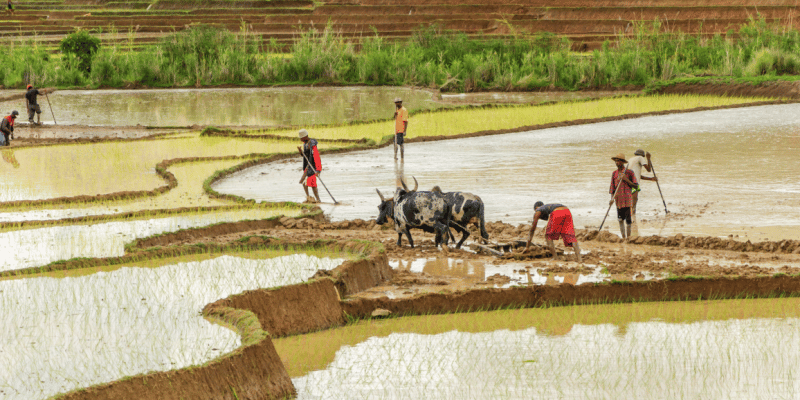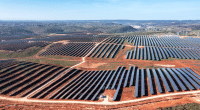In Mali, the Council of Ministers adopted the draft text relating to the ratification of the loan agreement of 8 billion CFA francs (over 12 million euros) from the West African Development Bank (BOAD), signed in Lomé, Togo, on 1 December 2022. The loan is intended to finance the rehabilitation of agricultural areas destroyed by floods in the Timbuktu region.
The financing was approved on 25 January 2023 by the Council of Ministers. The loan of 8 billion CFA francs (over 12 million euros) is granted by the West African Development Bank (BOAD). The loan will support the implementation of rehabilitation and extension works on agricultural land in Mali. This agricultural land was damaged when the Niger River, which flows through the cities of Bamako, Koulikoro, Segou, Mopti, Timbuktu, Gao, and Ansongo, rose.
The work undertaken by the Malian government concerns the agricultural areas of Korioumé (430 hectares), Daye (417 hectares), and Hamadja (620 hectares), all located in the Timbuktu circle. In December 2020, for example, the dyke on the Daye rice plain broke and caused major flooding, resulting in the loss of 2,829 hectares of crops in 126 villages, with more than 50 hectares of rice in a mature state. Vegetable crops were also flooded in plots outside the paddocks, and 5,502 households lost all of their production.
As a result, the internal irrigation and drainage network in these areas will be renovated, as well as 11.5 kilometers of irrigation tracks. The project will also include the cleaning and installation of railings on the siphon as well as the development of 10 hectares of market gardening areas.
In the Timbuktu circle, rice growing is the main agricultural activity. Small-scale farmers in the circle also grow wheat near the Niger River. “This project will help to alleviate the suffering of the population in the coming agricultural seasons, particularly through good harvests, improve their living conditions and reduce poverty in the project area,” says the Malian General Secretariat of the Government (SGG).
Inès Magoum







